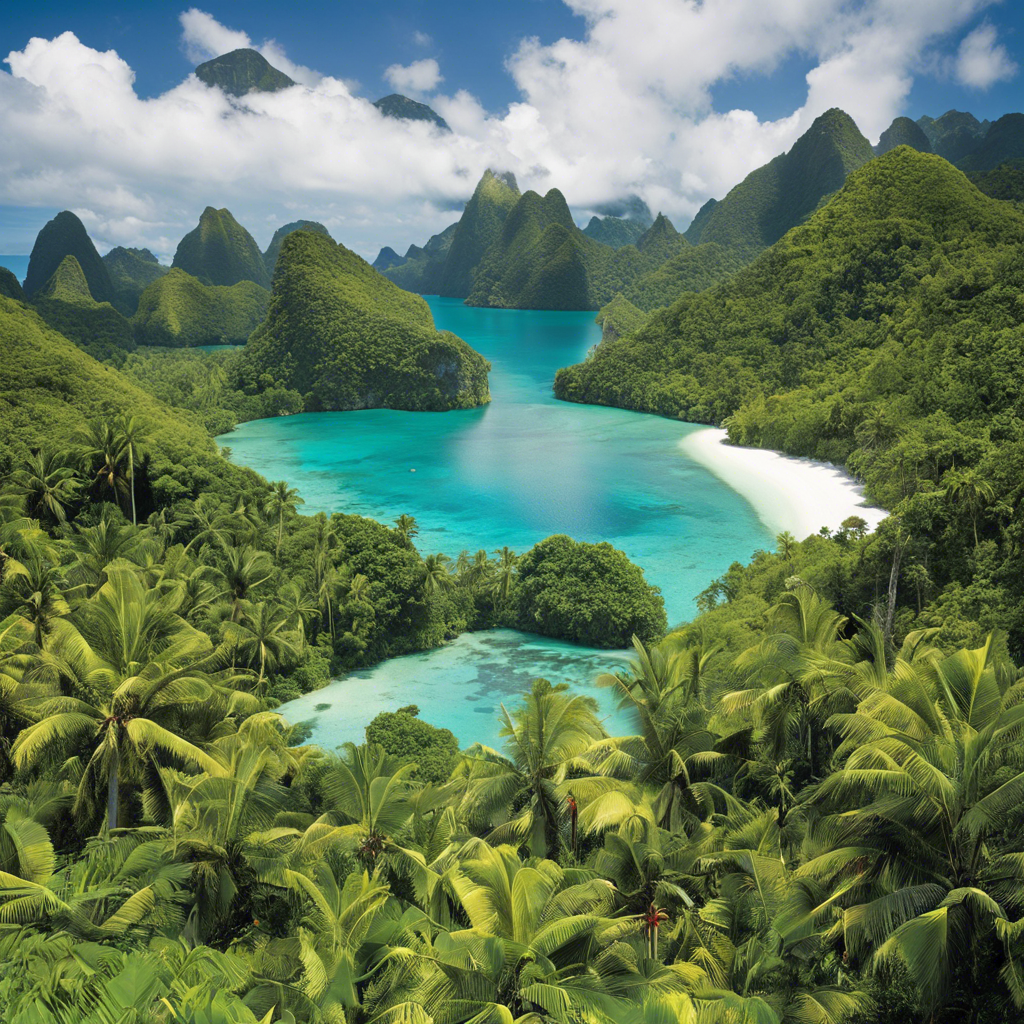As travelers seek to explore the world responsibly, the concept of sustainable tourism is gaining traction. This approach to travel focuses on minimizing negative environmental, social, and cultural impacts and contributing positively to local communities. With eco-consciousness at its core, here are some destinations that offer unique and immersive experiences while preserving the natural environment and local culture.
The Galápagos Islands, Ecuador:
This archipelago is a living laboratory of evolutionary processes, famously inspiring Charles Darwin’s theory of natural selection. The Galápagos Islands offer a unique opportunity to observe an abundance of endemic species, from giant tortoises to marine iguanas. To preserve this fragile ecosystem, strict conservation measures are in place. Visitors can support sustainable practices by choosing eco-friendly accommodations, following wildlife interaction guidelines, and joining conservation projects. The Galápagos provide a model for responsible tourism, ensuring that future generations can also marvel at its natural wonders.
Fiji:
Fiji, an archipelago in the South Pacific, is known for its pristine beaches, crystal-clear waters, and vibrant coral reefs. To protect its fragile marine ecosystem, Fiji has implemented several sustainable initiatives. Visitors can choose from a range of eco-resorts that use renewable energy sources and promote waste reduction. Activities such as snorkeling and scuba diving provide opportunities to appreciate the biodiversity of Fiji’s reefs while contributing to their conservation. Local communities also benefit from sustainable tourism through cultural exchanges and the promotion of traditional practices, ensuring that the Fijian culture thrives alongside its natural environment.
Costa Rica:
Costa Rica, nestled in Central America, is a pioneer in eco-tourism, with nearly a third of its land protected by national parks and reserves. The country boasts an incredible diversity of ecosystems, from lush rainforests to cloud forests and active volcanoes. Visitors can hike through nature reserves, spotting an array of wildlife, including sloths, monkeys, and vibrant tropical birds. Costa Rica also excels in sustainable practices, with a focus on community-based tourism. Travelers can immerse themselves in local culture, enjoy locally sourced cuisine, and contribute to conservation efforts, ensuring that their visit benefits both the environment and the people of Costa Rica.
Iceland:
Iceland’s dramatic landscapes of volcanoes, glaciers, and geothermal springs offer a unique setting for sustainable tourism. The country’s commitment to renewable energy, with an emphasis on geothermal and hydroelectric power, sets a sustainable tone for visitors. Exploring Iceland’s natural wonders, from the famous Blue Lagoon to the majestic Gullfoss waterfall, provides an opportunity to appreciate the country’s commitment to conservation. Local communities invite travelers to experience their culture and hospitality, with a focus on responsible practices that preserve Iceland’s pristine environment for future generations.
Patagonia, Chile, and Argentina:
Spanning the southern tip of South America, Patagonia is a vast region known for its breathtaking landscapes and untamed wilderness. Chile and Argentina, which share this region, have implemented sustainable practices to preserve its natural beauty. Visitors can trek through pristine national parks, admire majestic glaciers, and encounter unique wildlife, including penguins and guanacos. By choosing locally owned accommodations and supporting conservation initiatives, travelers can contribute to the region’s sustainability. The vast, untouched landscapes of Patagonia provide a profound sense of nature’s grandeur and the importance of protecting it.

